The Harmful Impacts of Plastic Waste on Human Health
Plastic waste has become one of the most pervasive pollutants affecting our planet. Its presence is felt in every corner of the globe, from the depths of the oceans to the highest peaks, and it poses significant threats to both human health and the environment.
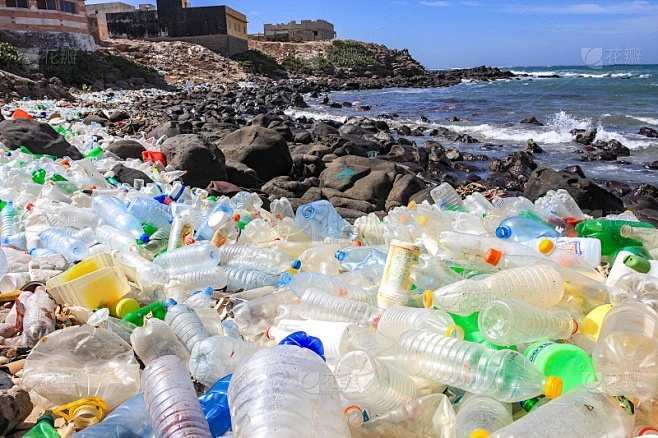
Environmental Degradation
Plastics are non-biodegradable materials that can persist in the environment for hundreds of years. Once discarded, they break down into smaller pieces called microplastics due to exposure to sunlight, wind, and water. These microplastics can be ingested by marine life, leading to a myriad of problems including internal injuries, starvation (as animals feel full without gaining nutrients), and death. Moreover, plastics often contain toxic chemicals like phthalates and bisphenol A (BPA) which can leach into the soil and waterways, contaminating ecosystems and affecting wildlife reproduction and survival rates.
Human Health Concerns
The adverse effects of plastic waste extend beyond the natural world and directly impact human health. When we consume fish or other seafood contaminated with microplastics, these harmful substances enter our bodies. Research has shown that some chemicals found in plastics can interfere with human hormones, potentially causing developmental issues, reproductive problems, and even cancer. Furthermore, as plastics degrade, they release greenhouse gases such as methane and ethylene, contributing to climate change which has broader implications for public health, including increased frequency of extreme weather events and spread of vector-borne diseases.
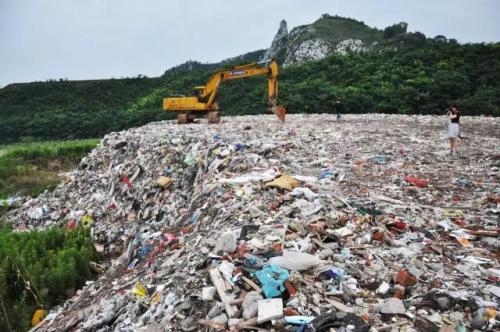
Pollution of Water Resources
Plastic waste also heavily contributes to the pollution of water resources. Rivers and oceans act as final sinks for much of the improperly disposed plastic. This not only harms aquatic organisms but can also affect drinking water supplies and recreational activities, thereby impacting local economies and tourism. Cleaning up this mess is costly and resource-intensive, diverting funds from other important areas.
Addressing the issue of plastic waste requires a concerted effort from individuals, industries, and governments. Reducing single-use plastics, improving recycling processes, and promoting alternative materials are crucial steps towards mitigating the environmental and health impacts associated with plastic waste. By taking action now, we can work towards preserving our planet for future generations and safeguarding the health of all living beings.
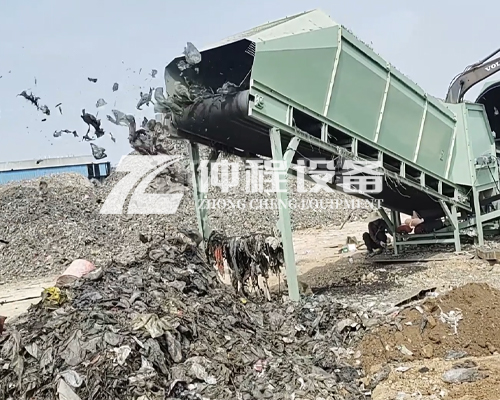
In summary, while plastics offer convenience in our daily lives, the long-term costs to human health and the environment cannot be overlooked. It's time to rethink our relationship with plastic and adopt more sustainable practices.
-
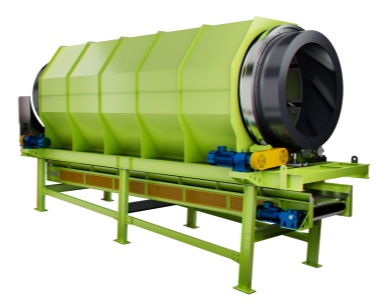 Trommel screenTrommel screen, also known as drum screens, are widely used in various industries for sorting and separating materials.Get Quote
Trommel screenTrommel screen, also known as drum screens, are widely used in various industries for sorting and separating materials.Get Quote -
 Crop straw double shaft shreddApplications:Biomass Energy Production: Shredded straw can be used as a feedstock for bioenergy plants to produce electricity or heat.Livestock Feed: Reduced-si...Get Quote
Crop straw double shaft shreddApplications:Biomass Energy Production: Shredded straw can be used as a feedstock for bioenergy plants to produce electricity or heat.Livestock Feed: Reduced-si...Get Quote -
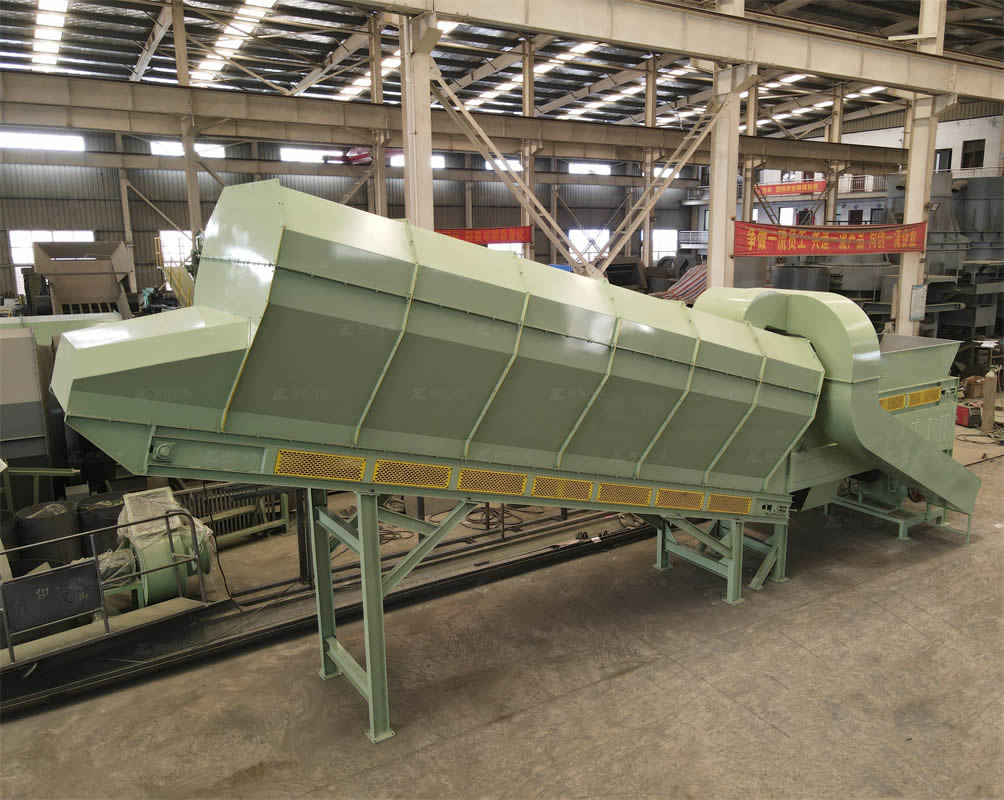 Zhongcheng Air Drum SeparatorAir drum separators effectively separate lightweight materials (e.g., plastics, paper) from heavier materials (e.g., metals, glass). This high efficiency is cru...Get Quote
Zhongcheng Air Drum SeparatorAir drum separators effectively separate lightweight materials (e.g., plastics, paper) from heavier materials (e.g., metals, glass). This high efficiency is cru...Get Quote
-
2024-06-05Waste Trommel And Copmost TrommelHowever, it's important to choose the right type of drum screen based on your specific needs. Today, Kevin from Zhongcheng Company will explain the differences...
-
2023-01-12Conveyor BeltGarbage conveyor/Trash conveyor belt system is a processing line to classify paper, plastic, metal, glass, and organic matter and realize the recycling of rubb...
-
2023-01-11Trommel screenTrommel screen, also known as drum screens, are widely used in various industries for sorting and separating materials.
-
2024-06-09Drum Screen RecyclingDrum screen machines are primarily used for material screening, helping to sort and recycle municipal solid waste and screen landfill waste. Their efficiency an...
-
2023-01-12Impact CrusherImpact crusher is a type of machine designed to reduce large rocks, ores, and other hard materials into smaller, more manageable pieces. This equipment is widel...



